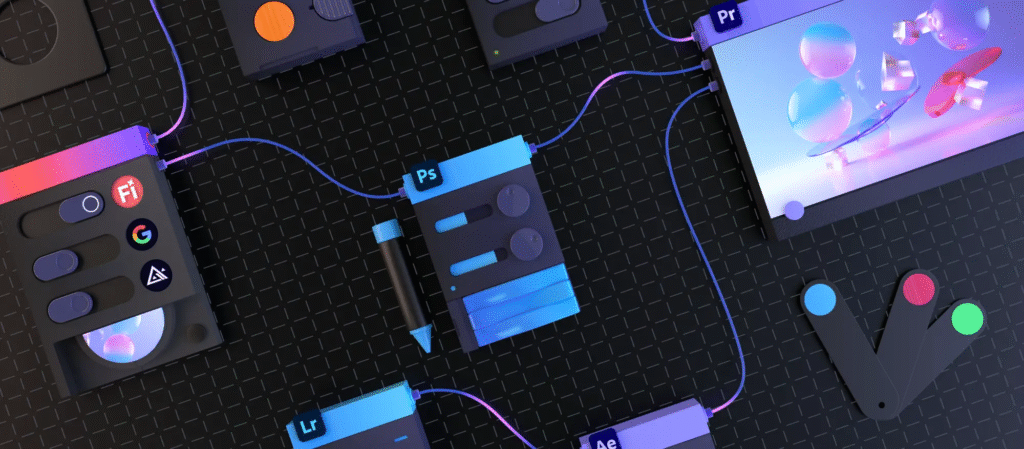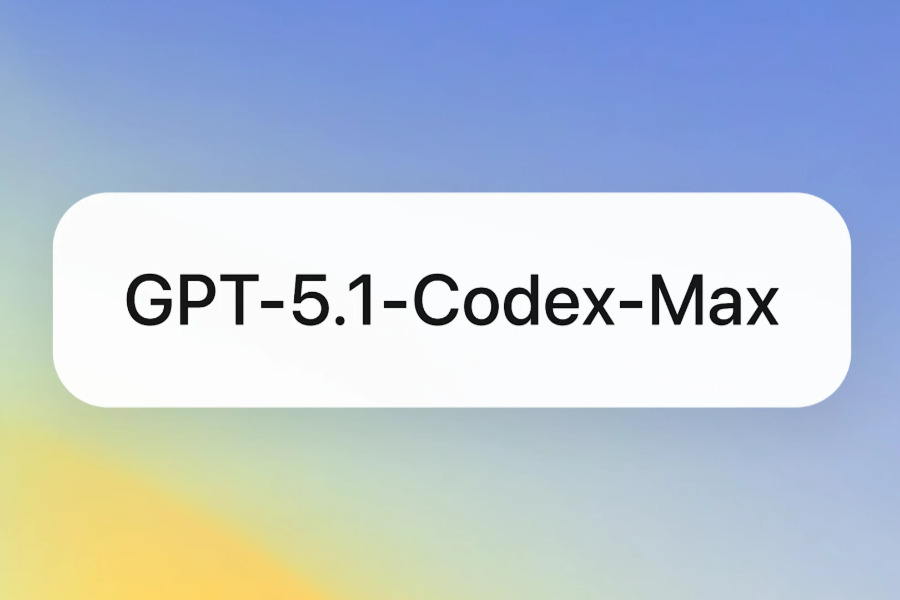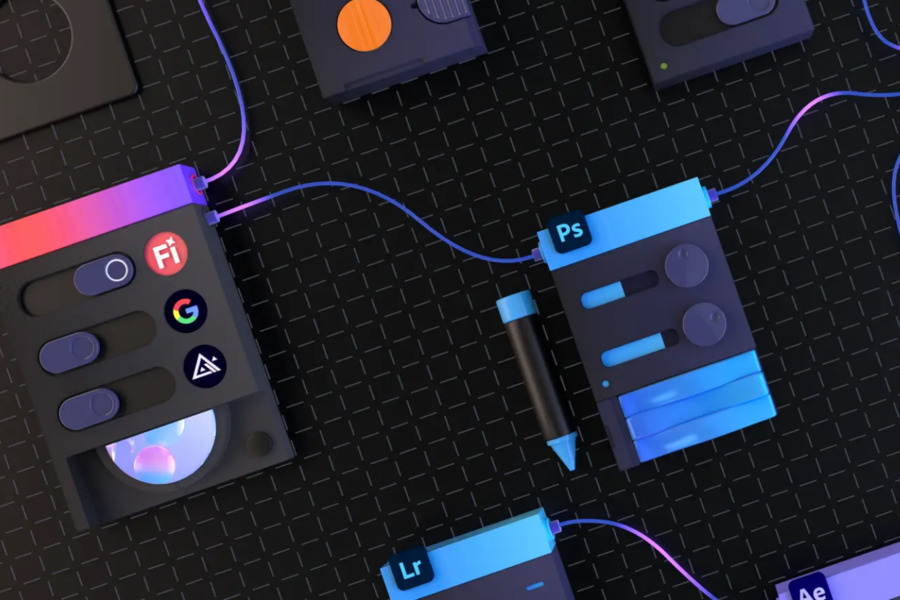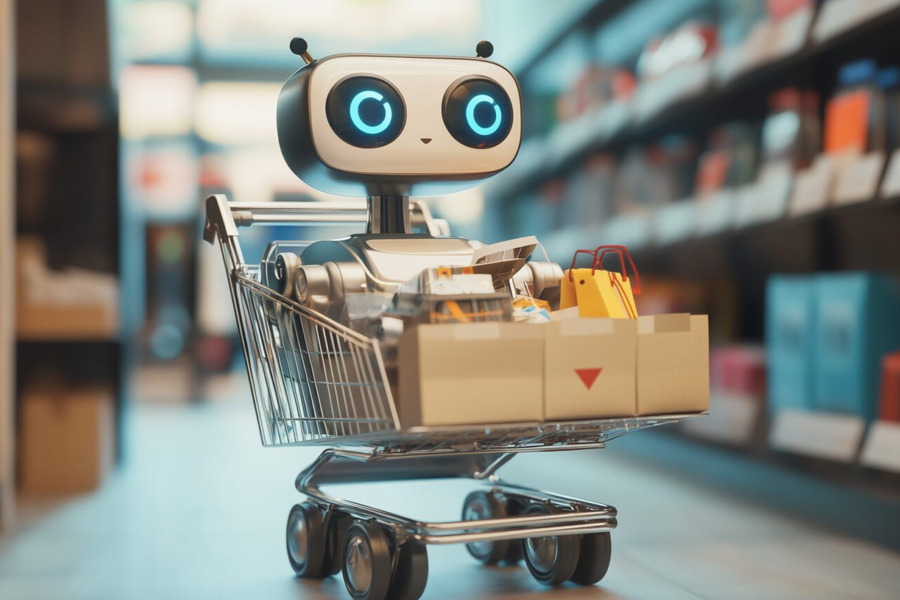Welcome to AgiYes‘s AI News Weekly!
It was a massive week in AI, from powerful new model releases to innovative real-world applications. These are the key developments you need to know.
Top 10 AI News from November 1-7, 2025
1. DeepSeek-Math-V2 Launches as First Open-Source IMO Gold-Level Model
DeepSeek has officially launched DeepSeek-Math-V2, a 685-billion parameter Mixture of Experts (MoE) model, marking a breakthrough as the first open-source large language model to achieve International Mathematical Olympiad (IMO) gold medal-level performance.
Built on the experimental DeepSeek-V3.2 architecture and released under the Apache 2.0 license, the model represents a qualitative leap in mathematical reasoning capabilities, providing researchers and developers full access to its weights for further innovation.
2. Adobe Introduces Project Graph for Custom Creative Workflows

Adobe’s newly unveiled Project Graph is a node-based visual editor designed to help artists and designers streamline custom creative processes. By connecting AI models, tools, and effects into reusable nodes, the platform enhances precision and control in digital creation. Users can package complex workflows into shareable tools, improving collaboration across creative teams while maintaining flexibility in project execution.
3. FLUX.2 Series Goes Open-Source with Advanced Image Generation
Black Forest Labs has released the FLUX.2 series, including pro, flex, dev, and klein (coming soon) models, with the 32-billion parameter FLUX.2 [dev] model now open-sourced. Described as the most powerful open-source solution for text-to-image generation, multi-image referencing, and 4MP editing, the release offers creators and developers unprecedented access to cutting-edge generative AI tools.
4. Speechify Adds Voice Input and Assistant to Chrome Extension
Speechify has enhanced its Chrome extension with voice detection capabilities, introducing voice input and an AI-powered voice assistant. Aimed at improving productivity when handling articles, PDFs, and documents, the update aligns with growing demand for voice-driven tools. As speech recognition technology evolves, Speechify aims to secure a stronger foothold in the competitive digital assistant market.
5. Character.AI Replaces Chatbots with “Stories” for Under-18 Users
Character.AI has launched a new “Stories” feature, enabling users to create interactive fiction with their favorite characters. The move is part of a strategic shift, as the platform now completely restricts chatbot access for users under 18. The company intends to foster safer, more narrative-driven interactions while phasing out traditional chatbot functionalities for younger audiences.
6. Amazon Promotes In-House AI Tool Kiro Over Third-Party Services
Amazon is advising its engineers to prioritize Kiro, its proprietary AI programming tool, over external alternatives. An internal memo highlights the company’s push toward greater self-reliance in AI development and a gradual reduction in support for third-party AI services. This shift underscores Amazon’s commitment to strengthening its internal tech ecosystem.
7. OpenAI to Retire GPT-4o API Access by February 2026
OpenAI has notified API customers that access to the chatgpt-4o-latest model will end on February 16, 2026. Developers currently building on GPT-4o have approximately three months to transition to newer alternatives. A company spokesperson clarified that this change applies only to API services; GPT-4o remains available to both free and paid ChatGPT users with no announced plans for removal.
8. Anthropic Upgrades Claude Opus 4.5 for Complex AI Agents
Anthropic’s Claude Opus 4.5, the latest flagship model, targets developers building sophisticated AI agents capable of autonomous reasoning, planning, and task execution with minimal human input. An upgrade from Sonnet 4.5, the model introduces enhanced performance and new capabilities tailored for complex workflows, reinforcing its position in advanced AI application development.
9. Microsoft‘s Fara-7B Focuses On Privacy and Local Execution
Microsoft has introduced Fara-7B, a 7-billion parameter computer assistant designed for local operation with an emphasis on data security and privacy. The model processes web content visually for more intuitive user interaction and has demonstrated superior task efficiency compared to larger models, appealing to privacy-conscious users and enterprises.
10. ChatGPT Rolls Out “Shopping Research” for Personalized Recommendations
OpenAI has launched “Shopping Research,” a new ChatGPT feature that delivers personalized product searches and recommendations based on user conversation history. Operating via a dedicated model with a reported 64% accuracy rate, the tool offers near-unrestricted access during the holiday shopping season, enhancing the e-commerce experience through contextual AI assistance.
Final Thoughts on This Week’s AI News
This week in AI has been marked by significant strides in open-source innovation and strategic shifts across the industry. From DeepSeek’s groundbreaking math reasoning model to Adobe and Black Forest Labs empowering creators with customizable tools, the focus remains on accessibility and specialization.
Meanwhile, companies like Anthropic and Microsoft are pushing the boundaries of autonomous agents and privacy-first solutions. As AI continues to evolve, these developments highlight a clear trend toward more personalized, secure, and collaborative intelligence—setting the stage for a transformative 2025.
Read More:



